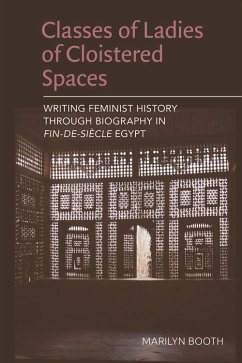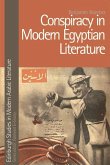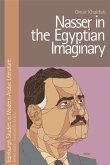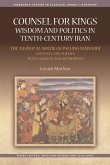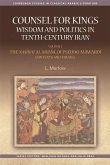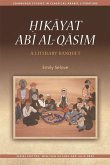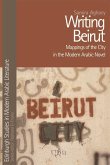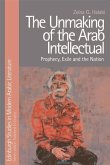'Marilyn Booth is to be lauded for her careful and sophisticated analysis of Zaynab Fawwaz's biographical work Scattered Pearls. This masterful study will be read with avid interest by all those who are interested in the holistic history of fin-de-siècle Egypt that includes both men's and women's voices and in exploring its larger contemporary implications.' Asma Afsaruddin, Professor of Islamic Studies, Indiana University, Bloomington Explores the writing and influence of the first Arabic-language global biographical dictionary of women Zaynab Fawwaz (c.1860-1914) was a forceful voice in support of women's rights to education and work choices in colonial-era Egypt. Her volume of 453 women's lives, al-Durr al-manthur fi tabaqat rabbat al-khudur (Pearls scattered in times and places: classes of ladies of cloistered spaces), was published between 1893 and 1896. It featured Boudicca, Catherine the Great, Zaynab (granddaughter of the Prophet Muhammad), Victoria Woodhull, the Turkish poet Sirri Hanim and many others. Building on the Arabic-Islamic biographical tradition, it produced a work for women in the modern era, grafting European, Turkish, Arab and Indian life narratives, amongst others, onto Arabic literary patterns. In Cloistered Ladies Marilyn Booth argues that Fawwaz's work was less 'exemplary biography' than feminist history, in its exploration of achievement but also of what Booth labels patriarchal trauma in the lives of women across times and places. She traces Fawwaz's creative use of her sources, her presentation of biographical narratives in the context of the political essays she wrote in the Arabic press, her publicised dialogue with the President of the Board of Lady Managers of the 1893 World Columbian Exposition - where she attempted to send the volume - and how her inscription of a feminine ancient history diverged from that of men writing history in 1890s Egypt. Key Features: - Includes descriptions of biographies of women from the US, Britain, Europe, India and the Maldives, as well as the Middle East (Iran, Turkey and the Arab world) - Presents Fawwaz's dictionary as a key text in the debates on gender and national efficacy in 1890s Egypt and Ottoman Syria - Closely examines issues of text circulation and borrowing - Argues that Fawwaz's book can be regarded as 'feminist history' Marilyn Booth is Khalid bin Abdullah Al Saud Professor of the Study of the Contemporary Arab World, University of Oxford. She has published monographs on exemplary biography in the Arabic women's press and vernacular writing in Egypt, and she is editor of Harem Histories (2011) and co-editor of The Long 1890s in Egypt (Edinburgh University Press, 2014). Cover image: Mashrabiyya, Cairo, 2012 (c) Marilyn Booth Cover design: [EUP logo] www.euppublishing.com ISBN 978-0-7486-9486-0 Barcode
Bitte wählen Sie Ihr Anliegen aus.
Rechnungen
Retourenschein anfordern
Bestellstatus
Storno

